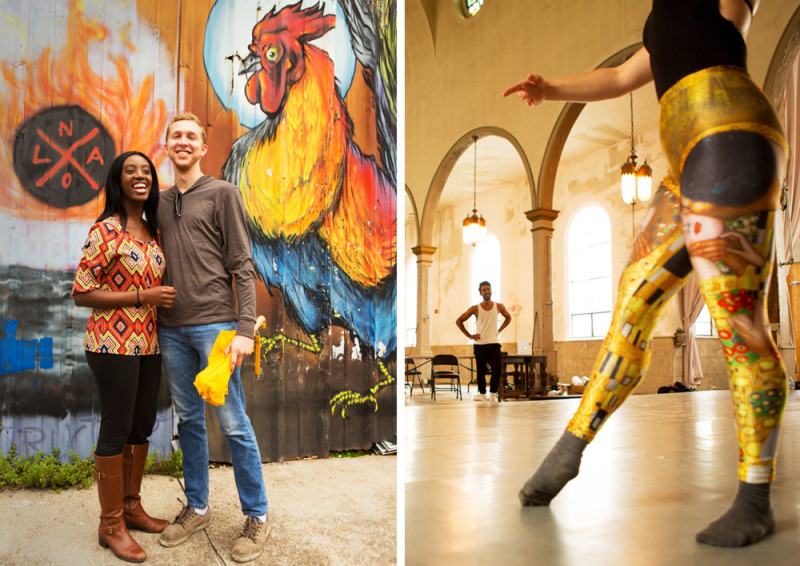by Kris Davidson. From Kris Davidson's Blog
As a frequent traveler based in New Orleans I am routinely cornered by well-intentioned folks with furrowed brows asking: “Has New Orleans recovered from Katrina?”
In a word: Yes.
(That would be a loaded, nuanced “yes”)
The trouble with answering this innocent query lies within the question itself: it is too narrow. It disregards an incredibly complex political history spanning hundreds of years — a history that includes slavery and a lingering legacy of inequality. At the same time, it is also a history that has borne beautiful, highly celebrated cultural fruits. And the question often involves a degree of projection on the part of the asker – projections of what recovery might look like through the filter of the asker’s version of normal (for the record, there is nothing normal about New Orleans). But I understand the question – after all, 10 years ago, a horrifying, watery tableau leaked through television sets into living rooms around the world.





It’s difficult to explain the curious combination of defeat and defiance that characterizes how New Orleanians live out their lives in a precarious bowl, surrounded by water on all sides. A few vignettes: In the last hurricane (Isaac in 2012) friends on facebook organized parties to ride out the impending storm, posting smiling snaps from the irreverent, cozy candle-lit affairs until the electricity finally gave out under punishing winds. Last year ahead of a cold snap, I wandered into a grocery store packed with anxious shoppers. The temperature would drop into the low 20s that night (my Swedish family would have been perplexed – that is a nice, warm spring). The cashier smirked: “We didn’t get this kind of turn out for the storm.” Finally, there is a bumper sticker adorning cars around town featuring a nondescript black font, usually faded, on a plain white background. It reads: New Orleans: Proud to Swim Home.
Short answer: New Orleanians are fully aware that things are not perfect – they’ll be the first to tell you what the problems are — but they are definitely not looking for any form of pitying, judging sympathy. They know they live on the edge. They know the seas are rising. Ask again about the state of affairs, and they’ll hand you a Sazerac, explaining gently that there is a cadence to this city that is intoxicatingly beautiful. If you were born here, that beauty courses through your blood. For newcomers, it takes a while to see it – or rather – feel it, but once you do, you’ll understand why people stay here on the edge of the sea, eye to eye with gulf currents, oil spills and alligators.
Read the rest here >>>> source: Kris Davidson's Blog

